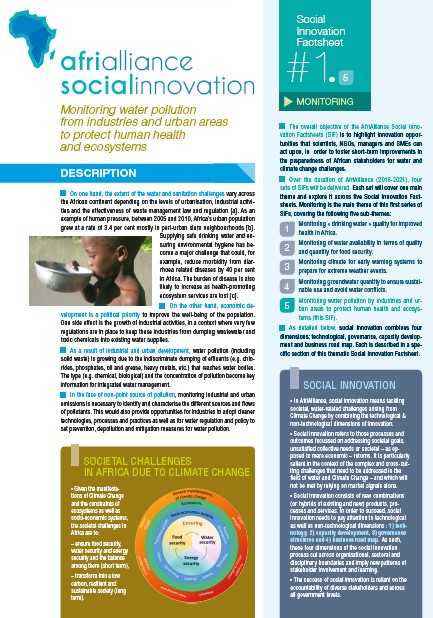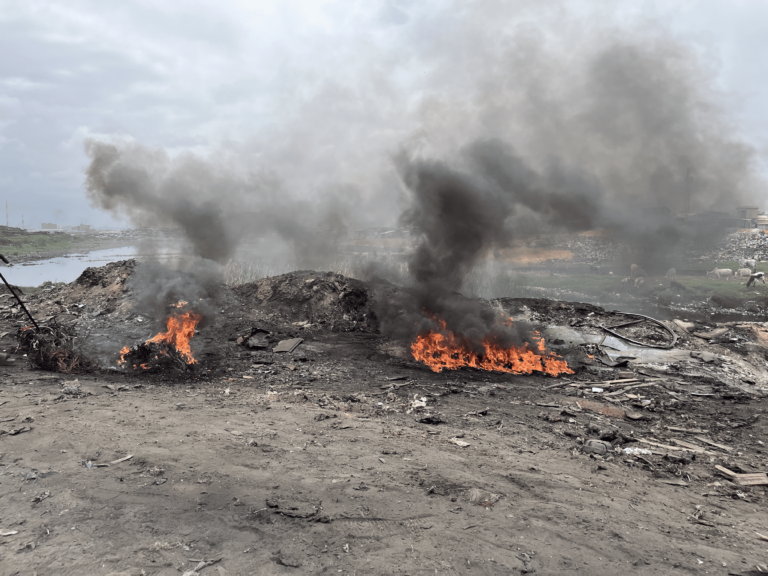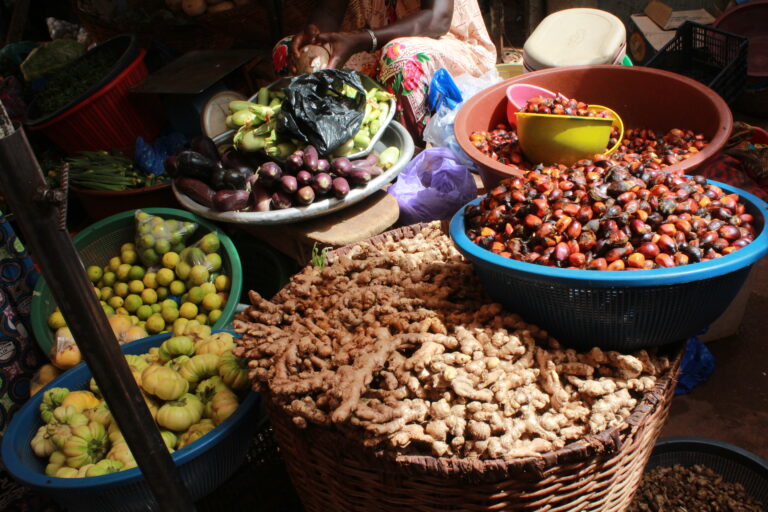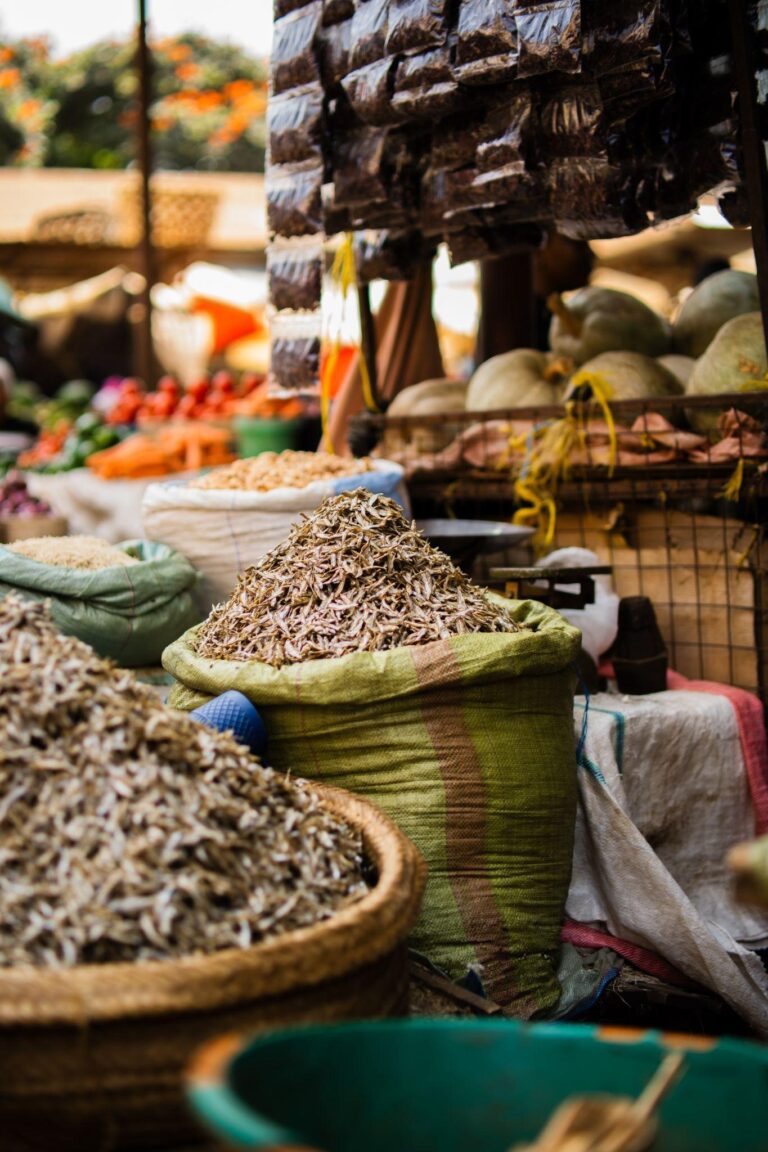chevron_left Back to Resources
AfriAlliance Social Innovation Factsheet 1.5
dual_screen
Brochures & fact sheets




Download:
Related ICLEI Pathway(s)
Circular development
Resilient development
Equitable and people-centered development
About
Resource summary
On one hand, the extent of the water and sanitation challenges vary across the African continent depending on the levels of urbanisation, industrial activities and the effectiveness of waste management law and regulation [a]. As an example of human pressure, between 2005 and 2010, Africa’s urban population grew at a rate of 3.4 per cent mostly in peri-urban slum neighbourhoods [b]. Supplying safe drinking water and ensuring environmental hygiene has become a major challenge that could, for example, reduce morbidity from diarrhoea related diseases by 40 per cent in Africa. The burden of disease is also likely to increase as health-promoting ecosystem services are lost [c].
Related resources
slide 5 of 3

arrow_outward
library_books
Publications & reports
End open burning: An awareness-raising framework and guide for local government authorities
library_books
Publications & reports

arrow_outward
book
Posters & infographics
Food is Urban
book
Posters & infographics

arrow_outward
video_camera_front
Webinars & videos
Recipe for urban food systems transformation
video_camera_front
Webinars & videos

